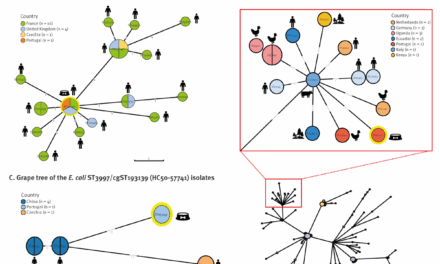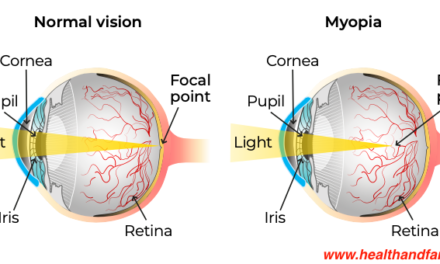
January 25, 2024 — A landmark study, published in The Lancet Public Health, has unveiled compelling evidence that education can significantly lower the risk of death, transcending age, gender, location, and social and demographic backgrounds. This groundbreaking research, the largest of its kind, sheds light on the magnitude of the life-saving impact that education can have on individuals.
While it has been long-established that individuals with higher levels of schooling tend to live longer, the extent of this effect has been quantified for the first time in this comprehensive study. The findings reveal that the risk of death decreases by two percent with every additional year of education. This means that those who completed six years of primary school experienced an average of 13 percent lower risk of death.
Upon completing secondary school, the risk of mortality was reduced by nearly 25 percent, and individuals with 18 years of education enjoyed a remarkable 34 percent lower risk of death.
Comparisons with other health risk factors, such as diet, smoking, and alcohol consumption, were made, highlighting the profound impact of education on life expectancy. The benefits of 18 years of education were likened to consuming the ideal amount of vegetables compared to not eating vegetables at all.
Shocking parallels were drawn, indicating that not attending school at all is as detrimental to health as drinking five or more alcoholic drinks per day or smoking ten cigarettes a day for a decade.
Dr. Terje Andreas Eikemo, head of the Centre for Global Health Inequalities Research (CHAIN) at the Norwegian University of Science and Technology (NTNU), emphasized the significance of being able to quantify the magnitude of the health benefits associated with education. “Education is important in its own right, not just for its benefits on health,” said Dr. Eikemo.
While the advantages of education are most pronounced for young people, the study reveals that even those above 50 and 70 years old continue to benefit from the protective effects of education. Importantly, the research found no significant difference in the effects of education between countries at different stages of development, indicating that more years of education are just as effective in rich countries as in poor countries.
This groundbreaking study draws on data from 59 countries, incorporating over 10,000 data points collected from more than 600 published articles. It underscores the need for further research in low- and middle-income countries, particularly in regions like sub-Saharan and North Africa where data is scarce. The findings hold the potential to reshape public health policies and emphasize the critical role of education in enhancing not just cognitive development but also overall well-being and longevity.











